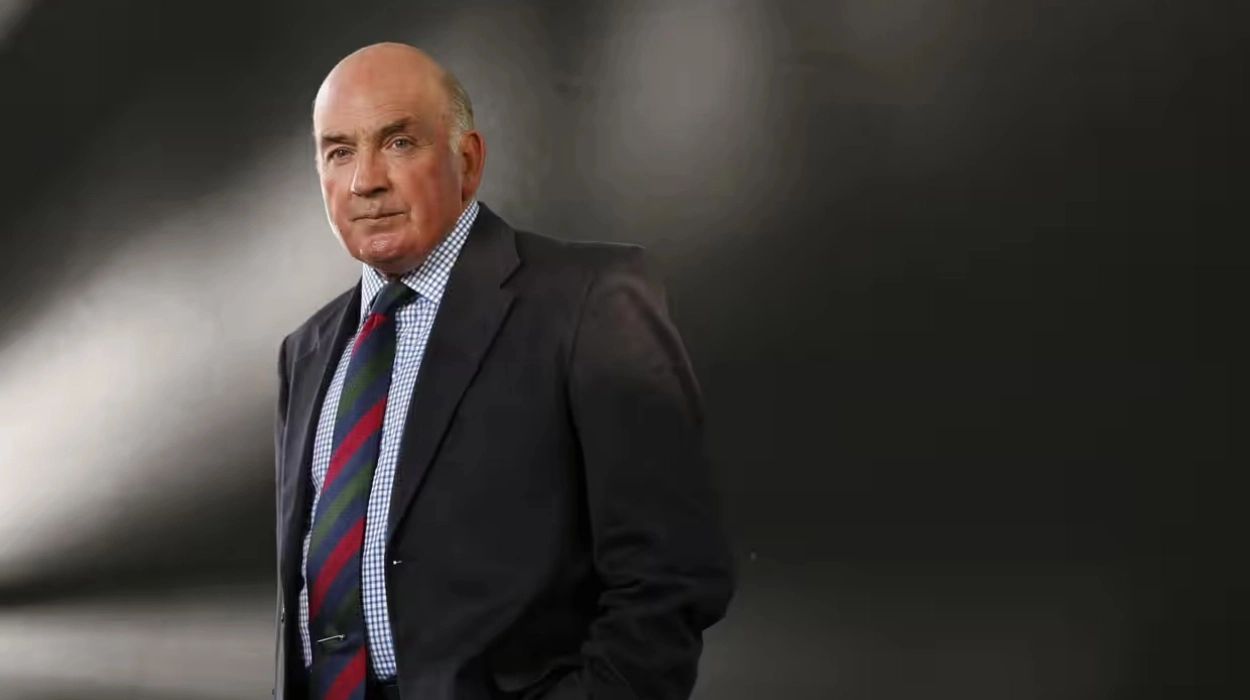UK (Parliament Politics Magazine) – Ex-British Army Chief Lord Richard Dannatt has slammed Keir Starmer’s decision to cut foreign assistance in favor of increased defense spending.
A former head of the British Army has criticized Labour’s leader for slashing foreign aid to boost military spending, calling it a “strategic mistake” that will increase pressure on the UK’s military.
How did Lord Richard Dannatt criticize Starmer’s defence spending decision?
Lord Richard Dannatt, along with other former military experts, described the PM’s decision to reduce the aid budget as “shortsighted” and “counterproductive,” arguing that it would weaken the UK’s security strength.
In an op-ed for The Guardian, Mr Dannatt acknowledged the hike in defence spending but condemned the reduction in assistance as a “failure of our values” and a move that “risks making us weaker, not stronger.” He noted that with the US stepping away from European security, it was a crucial “moment for leadership.”
He stated,
“It is time for a rethink. If we are serious about security, we must recognise that diplomacy, development and defence are not competing priorities – they are complementary. A well-funded aid programme, alongside increased defence investment, will ensure that Britain remains a global leader – both in strength and in moral authority. We cannot afford to get this wrong.”
Mr Dannatt added,
“If the government is serious about taking defence spending to 3% in the next parliament, it may well have to break its own fiscal rules and either raise taxes or increase borrowing. We may all have to share in the cost of doing the right thing.”
The retired army chief dismissed the notion that aid and defense are competing priorities.
Does cutting aid to fund defence weaken Britain’s global standing?
The former army chief wrote,
“As General Jim Mattis, the former US secretary of defence, famously put it: ‘If you don’t fund the state department fully, then I need to buy more ammunition, ultimately.’ That same logic applies to Britain. Every pound we cut from development aid today risks costing us far more in future military operations. Complacency kills – both in war and in strategic planning.”
He warned that slashing aid from 0.7% to 0.5% would harm the UK’s international position and contribute to risks like terrorism and instability.
Did ministers’ early warning of aid cuts address concerns?
Four days before Keir Starmer‘s Tuesday announcement on the defence budget increase, ministers were informed of the decision. Despite the advance notice, some voiced concerns during the cabinet meeting.
Foreign Secretary David Lammy warned that aid cuts could allow China to expand its global influence. Earlier this week, he described the decision as “one of the tough decisions made in government.”
Meanwhile, the Labour leader aims to reassure Donald Trump that European countries are committed to their continent’s security by raising defence spending to 2.5% of GDP by April 2027.
What did 100+ NGOs warn about aid cuts?
In an open letter endorsed by over 100 NGOs, including Save the Children, Christian Aid, and Action Aid, the Prime Minister and Chancellor Rachel Reeves have been urged to reverse the decision to reduce aid.
They warn that the decision will “destroy Labour’s legacy on international development” and undermine the government’s “ambition to be a trustworthy global partner in ruins.”
Why is Keir Starmer facing pressure to increase military spending?
The Labour leader is facing growing pressure from political figures to raise the UK’s defence budget.
Ed Davey, leader of the Liberal Democrats, has intensified pressure on Keir Starmer to boost defence spending to 2.5%, joining Nigel Farage and Kemi Badenoch in calling for immediate action.
Mr Davey stated, “Donald Trump’s stitch-up with Putin amounts to a betrayal of Ukraine, the UK and all our allies. It is clear: we are living in a new and dangerous world. We must respond.”
What did Rachel Reeves say about the military budget?
Chancellor Rachel pointed out that enhancing defence spending might demand “tough decisions,” indicating the possibility of cuts in other sectors.
Ms Reeves stated,
“I am absolutely committed to spending 2.5 percent of GDP on defence. I am really clear that a strong economy depends on strong defences and our national security being protected. So we will set out that pathway to 2.5 percent of GDP.”


